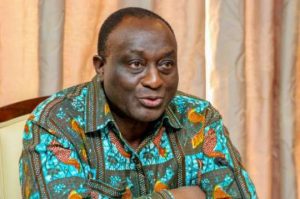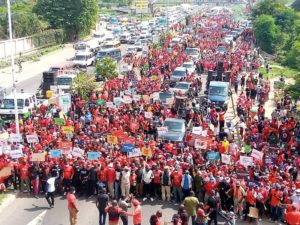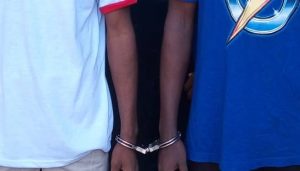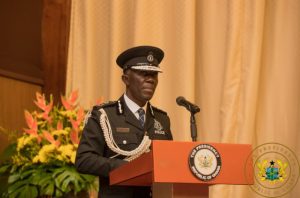Armed variously with guns, whips and tear gas canisters, security officers in several African countries have been beating, harassing and, in some cases, killing people as they enforce measures aimed at preventing the spread of Covid-19.
The actions of the police and military are at the sharp end of a debate over the balance between personal freedoms and human rights on the one hand, and the need to protect society as a whole from coronavirus on the other.
Faced with a growing health crisis, some African governments have introduced new emergency laws and digital surveillance echoing an earlier and more oppressive era.
Rights groups have warned that if they are not reversed once the crisis is over then these new measures could undermine basic freedoms.
The authorities say the lockdowns, curfews, and other crowd control measures are aimed at saving lives, but overzealous enforcement has cost lives.
In Kenya, a 13-year-old boy playing on a balcony in a high rise residential building in the capital, Nairobi, was shot dead after being hit by what police described as a “stray bullet”.
Three other deaths, including that of a motorcycle taxi rider who succumbed to injuries after being beaten by police, have been reported in the local press.
President Uhuru Kenyatta has apologised “to all Kenyans… for some excesses which were conducted” by the security forces, while urging the public to abide by measures the government had put in place to contain the spread of the virus.
‘Gays targeted in Uganda’
In neighbouring Uganda, Human Rights Watch (HRW) has accused police of using “excessive force” – including beating fruit and vegetable sellers and motorcycle taxi riders.
Moreover, police arrested 23 people during a raid on a shelter for homeless lesbian, gay, bisexual and transgender youth, accusing them of disobeying orders by remaining in the shelter and charging them with “a negligent act likely to spread infection of disease”, HRW said.
Image
“The basic human rights of people should be at the centre of the government’s response to this pandemic, especially those who are most vulnerable like street vendors, and homeless youth,” HRW said.
In the face of mounting criticism, 10 officers were charged with torture on Tuesday after being accused of caning 38 women and forcing them to swim in mud in the northern town of Elegu. The officers have not yet been asked to plead.
While in South Africa, which has recorded the highest number of Covid-19 cases on the continent, at least eight people have been killed by police since a nationwide lockdown was imposed on 26 March, the country’s Independent Police Investigative Directorate said.
‘Loaded gun’
Nearly all countries on the continent are battling the spread of coronavirus, and with confirmed cases surpassing 10,000, there are legitimate reasons to be worried about the disease.
Most have poor healthcare systems that could be overwhelmed, resulting in an unprecedented health disaster.
However, global watchdog Freedom House has warned that some measures being used to fight Covid-19 could have lasting “harmful effects and can be extended and re-purposed after a crisis has passed”.
Opposition groups in Ghana are, for instance, worried about a new law that gives the president sweeping powers to impose restrictions on people’s movements.
“We wanted the president to use emergency powers in the constitution which would require him to come to parliament every three months so that MPs can assess if the measures are needed,” Ras Mubarak, an MP for opposition National Democratic Congress, told the BBC.
“The new law gives him a loaded gun to use as he pleases, especially in restricting people’s movements.”
Ghana’s Justice Minister Gloria Akuffo defended the legislation, saying it had been drafted to protect the nation’s health and would help deal “not only with the risk that our country has been exposed to presently but also in the future”.
‘Perfect timing’
Similar concerns have been raised in other countries.
Critics of Malawi’s President Peter Mutharika say he is using the coronavirus outbreak to “fix his political problems”.
“The government would want to use coronavirus to prolong their stay in power,” Gift Trapence, the leader of the Human Rights Defenders Coalition, told the BBC.
Mr Mutharika, who in July is facing a re-run of last year’s annulled election, has declared a state of national disaster.
The new powers allow him to ban public gatherings.
“They are happy with the coronavirus status and want to use it as a scapegoat to continue the president’s rule,” Mr Trapence said.
Malawi’s Information Minister Mark Botomani dismissed such comments as “the usual noise” from civil society groups.
“Our focus as a government is to put everything in place to protect the lives of our people,” he said.
Source: BBC






